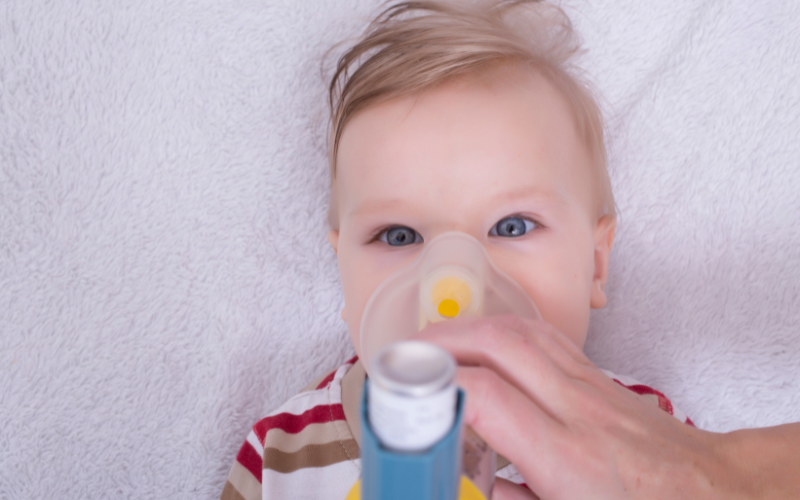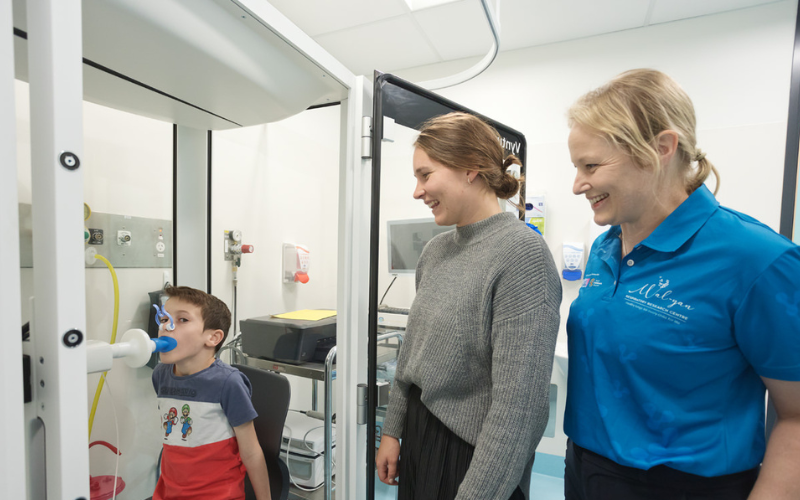Search
Showing results for "Au"
Research
Acceptability of sonicated versus unsonicated reconstituted (powdered) benzathine penicillin G for rheumatic fever prophylaxisPowdered benzathine penicillin G (BPG) crystals vary widely in size and shape and are larger and less uniform than crystals found in pre-mixed suspensions of BPG like Bicillin ® L-A.
Research
Pathogens on the rise: is impaired immunity the cause of chronic ear and chest infections?Ruth Elke Peter Thornton Seppanen Richmond PhD BSc PhD MBBS MRCP(UK) FRACP Co-head, Bacterial Respiratory Infectious Disease Group (BRIDG) Program
Research
Pathways between racial discrimination and the health and wellbeing of Aboriginal and Torres Strait Islander children and young peopleThis PhD project aims to examine the associations and causal pathways between racial discrimination and the health and wellbeing of Aboriginal children and young people aged 0-17 years.
Research
The milky way to infectious disease preventionValerie Verhasselt MD, PhD Head, Immunology and Breastfeeding 0402997617 Valerie.verhasselt@thekids.org.au Head, Immunology and Breastfeeding @
Research
Using continuous glucose monitoring to detect early dysglycaemia in children participating in the ENDIA study (Sub Protocol)Aveni Liz Haynes Davis BA (Hons), MBBChir, MA (Cantab), PhD MBBS FRACP PhD Principal Research Fellow Co-director of Children’s Diabetes Centre
Research
WHO SARI & RSV Surveillance in AustraliaChristopher Blyth MBBS (Hons) DCH FRACP FRCPA PhD Centre Head, Wesfarmers Centre of Vaccines and Infectious Diseases; Co-Head, Infectious Diseases

News & Events
April lives life in the fast laneApril Welsh lives life in top gear, literally. Diagnosed with T1D just before her 4th birthday, April became the first female to race in the Formula Vee

The Rio Tinto Children’s Diabetes Centre acknowledges the importance of those living with type 1 diabetes (T1D), those that care for them and the type 1 diabetes community (T1D community) in sharing your lived-experience.

News & Events
Unravelling the mystery of persistent wheeze in children: Study reveals crucial immune cell differencesThe study found the rare immune cells, known as plasmacytoid dendritic cells, showed clear signs of activation and virus defence in children with transient wheeze, whereas in children with persistent wheeze the same immune cells showed very limited activation without any signs of virus defence.

News & Events
Common asthma drug gives hope for better lung health for some preterm babiesA new study has found a common asthma drug is effective for some very premature babies who go on to suffer from lung complications.
